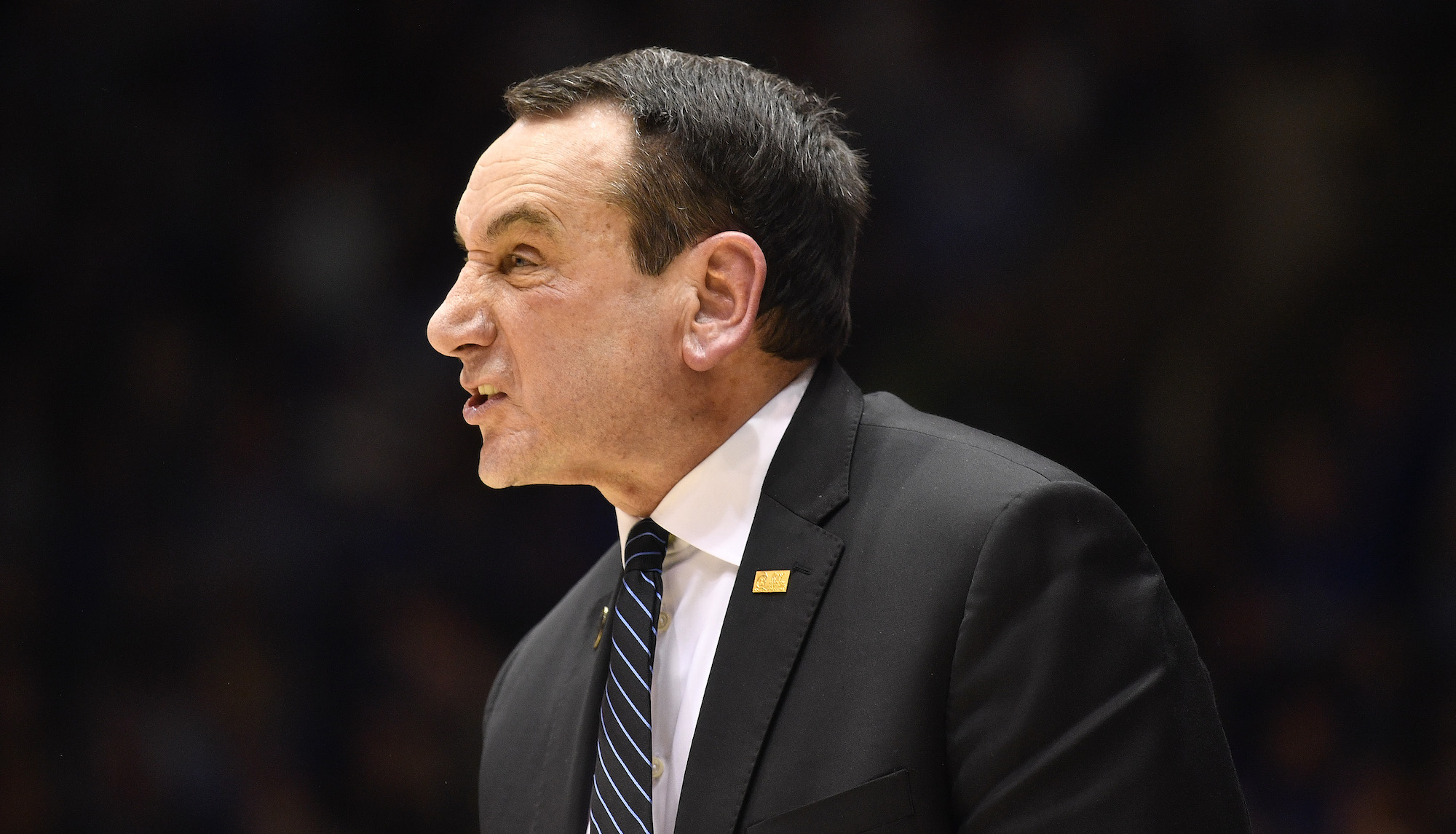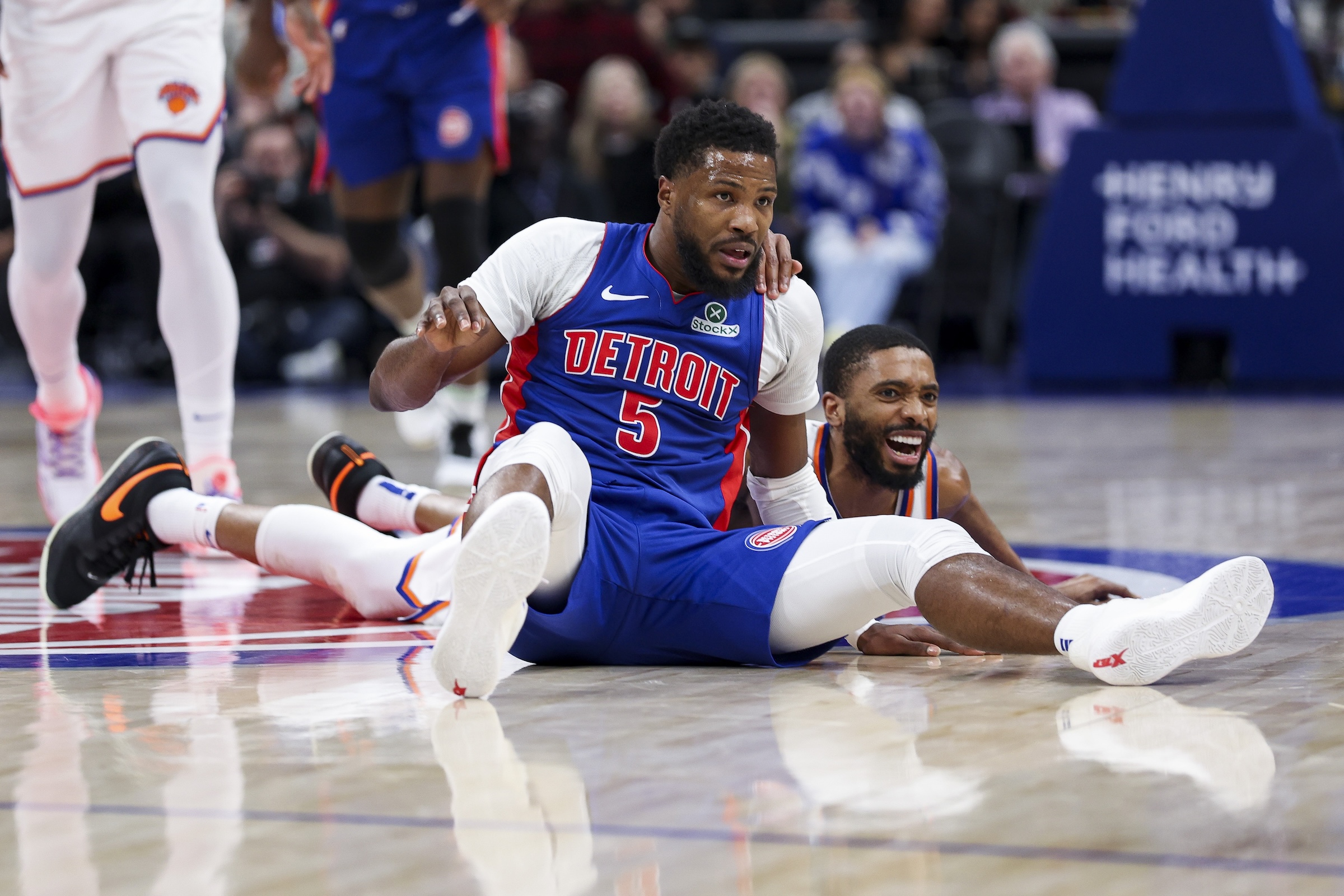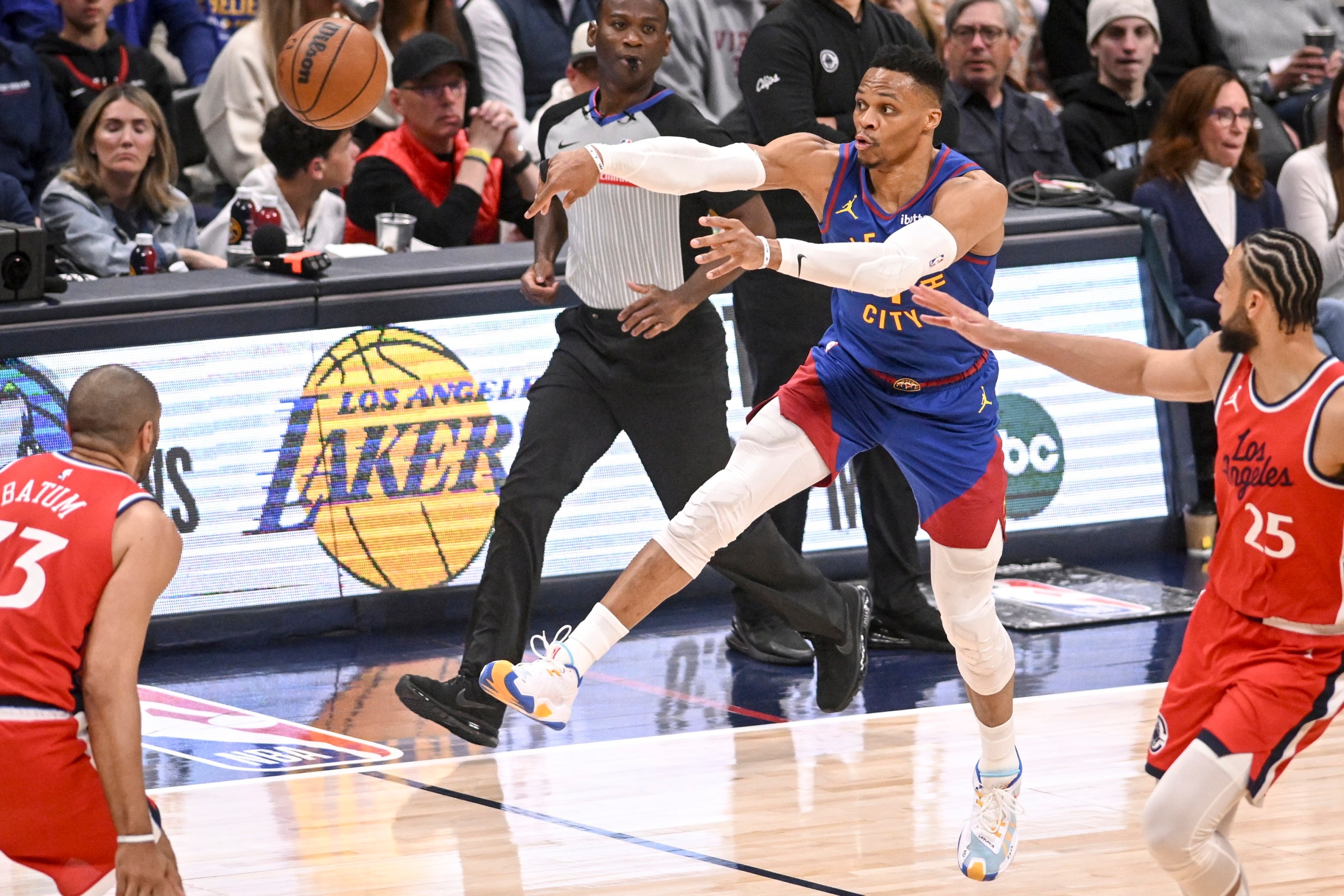Student reporters ask coaches good questions, and bad questions, and sometimes they're the same questions for the reason that they don't know any better. I'll tell you about mine.
In 2005, Temple men's basketball head coach John Chaney sent in a large, little-used bench guy to intentionally foul a rival team's player; that player broke his arm, ending his season and his college career. Chaney said afterward he was doing "what we did years ago—send in a goon." Chaney initially tried to make amends by suspending himself for one game. The outrage over that self-imposed wrist slap led Temple to suspend him for the remaining three games of the regular season, and a chastened Chaney then bowed out of the Atlantic-10 tournament (though rumors held that the athletic department told him they'd do it if he didn't). Chaney returned for his next season, expected by all observers to be his last, whether or not he stepped aside voluntarily.
I, a senior at Temple and an occasional non-sports reporter for the student paper, attended his first press conference of his final season, stuck my hand up when it was time for questions, and was called upon. I don't remember exactly how I worded my question, but I remember the thrust of it: Do you think it's time to go?
The other reporters—professionals, not students—groaned. One said, only half under his breath, "Oh, come on." It was maybe a rude question, or at least impolitic. I still maintain it wasn't a bad question.
The student reporter, especially at a big sports school with a legendary coach, is in a weird position. They've been indoctrinated with all the mythmaking the program has to offer—that's how you end up with weirdos like the Nick Saban Defender. But they're also not burnt out on press conferences, on coaching platitudes, on asking hundreds upon hundreds of cue-card questions and getting cue-card answers. They don't yet know the decorum of the ritual, because they haven't had it beaten into them over joyless years of participating. They also don't yet really know what differentiates a good question from a bad one, because they're still learning the craft. A good college coach—or at least one who pays lip service to the fiction that this isn't in almost all ways a professional sport—understands this.
John Chaney, despite the scoffs from the room that a 21-year-old student reporter dared ask an impolite question because he thought it might get an interesting answer, didn't for a moment act like I had said or done something wrong. Instead, he answered the question. And it was interesting. Fancy that.
On Saturday, Duke coach Mike Krzyzewski, facing a question from a student reporter that he found rude or stupid, responded with infinitely more rudeness and stupidity.
The context here is that the Blue Devils have lost three straight and are at .500. Viewed in that light, the question, from Chronicle beat writer Jake Piazza, is pretty simple and entirely inoffensive: What are you going to do about that? It's a perfectly logical question to ask, and one whose answer any Duke fan genuinely wants to hear.
But Krzyzewski responded with smarm, in order: denying that anyone should ask him about the near future so soon after playing a game; likening a basketball team with a pedestrian record to a student taking an econ test; implying that the reporter didn't have sufficient "empathy" for the person fielding the question; giving the thoroughly uninteresting coachspeak answer that the next step is preparing for the next opponent.
Jake, maybe you're reading this (if you want a free Defector subscription, hit me up). Your question was fine! It might have been just vague enough to allow Krzyzewski to dodge with that last non-answer, about moving onto the next game, but coaches are wily like that; they can almost always find that escape route. But the question was, by the standards of whether it drew an interesting response, indisputably a very good one. Krzyzewski is just a dick, or was having a bad day, or both. A valuable thing you learn quickly, if you're any sort of decent journalist, is that these coaches aren't legends; they're just men.
But here's where Piazza already has a lot to teach his fellow reporters, including the pros: He turned the damn thing into a column.
Piazza has a piece in today's Chronicle, in which he recaps the furor surrounding his innocuous question. And like any good columnist, he breaks a little news:
Ultimately, I settled on saying the only thing that I was sure of: This was not exactly how I expected my first postgame question to Coach K to go. It was entertaining to follow the tweet on our long drive back to Durham, but once I got back to my apartment building, the weekend had another surprise in store for meMy phone rang and Coach K was on the other end of the line.Our call was short, but the sincerity in his apology was genuine. And in the end, I appreciated the call.
In the end, it was a good learning experience about empathy for someone who could really benefit from it. And I definitely don't mean the reporter.






